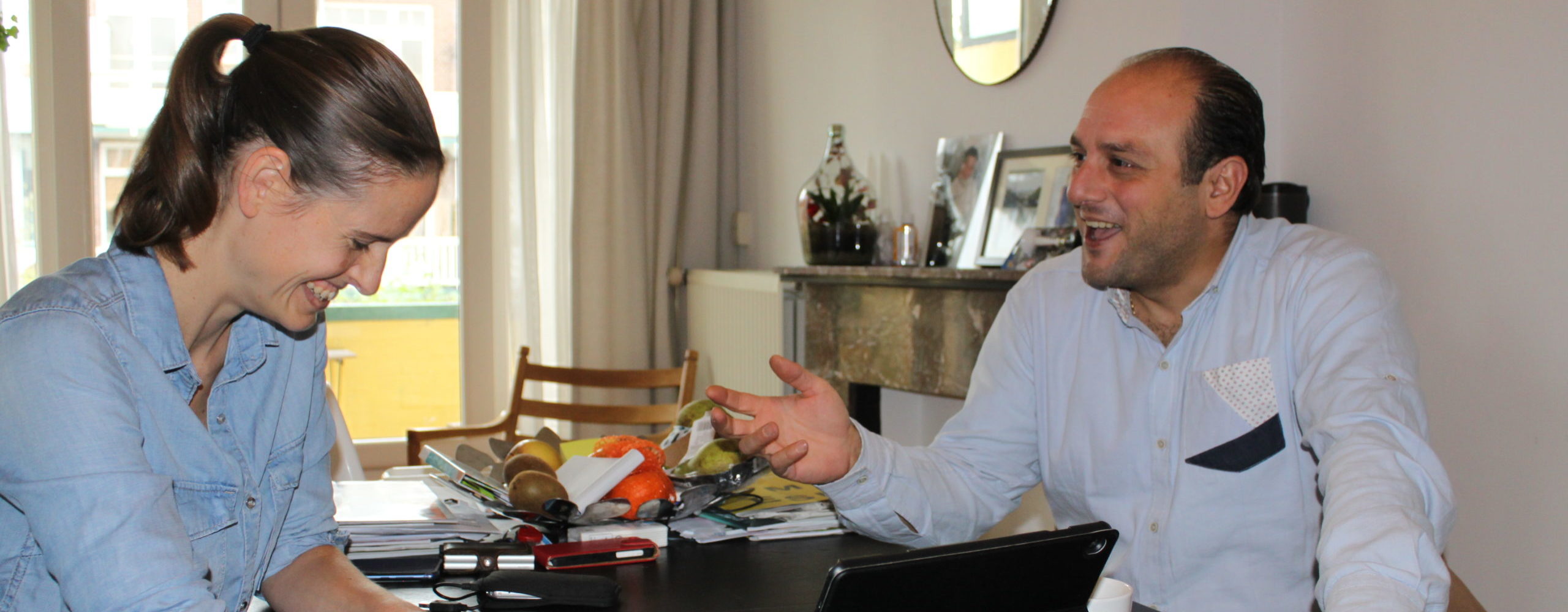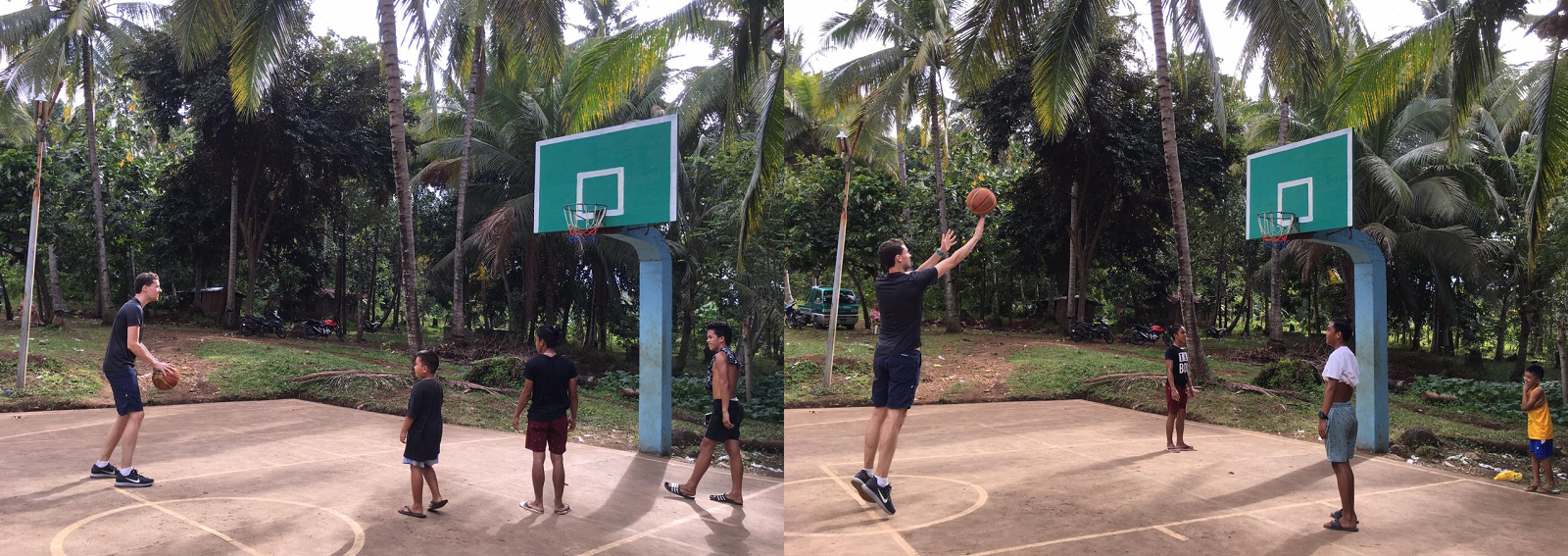It’s my second night in the picturesque coastal town of Savannah, Georgia and I want to go out. My Airbnb hosts – a young couple – have snuggled up on the couch to watch a movie. They suggest “The Wormhole”, a local bar in Savannah’s Metropolitan neighborhood, a twenty-minute walk from the house. I do a quick search online and find out it is open mic night. For a Monday, that’s probably as good as it gets. And who knows, I might discover the next big thing in Georgia.
After a refreshing evening stroll through a predominantly residential area, I arrive at The Wormhole, pretty much the only bar on the street. There are no musicians playing yet. The space is very big and rectangular with pool tables and pinball machines in the front, a stage in the middle and some chairs and tables scattered all over. I head to the bar, find a stool and gesture the bald, tattooed middle-aged man to take my order. Seated to my left is a woman talking loudly who, after I tell the bartender I want something to eat, suggests I order the panini.
Men misunderstand
My neighbor, Anna Dickey, 39, lives only a few blocks away from the bar. She comes every week on her day off. I can tell she’s not on her first double Jack with ginger, but I encourage the conversation, reminding myself I’m traveling to hear real people’s stories and experience the unexpected. She buys me a beer to go with my sandwich and I give her my usual pitch about how I quit my job and am now pursuing my personal “American Dream”. For the first time, I feel embarrassed about how matter-a-factly I describe my “sabbatical”. She dismisses my uneasiness and I encourage her to tell me her story.
Anna works two jobs. Her main employment is to drill holes in metal beams using heavy machinery. She shows me a short video of her in action at the factory that she secretly shot with her mobile phone. Anna often works twelve-hour days to earn as much overtime money as possible. All of her colleagues in the factory are men. She feels misunderstood and, sometimes, mistreated by them. That feeling has perpetuated throughout her life, with her own father and the fathers of her three children – two daughters and one son – all of whom are around the age of twenty.
Blame SCAD
As Anna and I are talking, The Wormhole slowly fills up. The clientele consists overwhelmingly of students from the Savannah College of Art and Design, a nationally renowned university, better known as SCAD. It’s an eclectic crowd. One girl brought her hula hoop – with lights (!) – and shows off her flexibility and her hoop-supported dance moves. A guy with bleached hair and an impressive amount of ink wanders around the bar asking people to buy him a beer and exclaiming to anyone who will listen that he’s “gay as f*ck”. Several bands have already performed, but no one is paying attention. Clearly, the open mic night has not produced the musical revelation I was hoping for.
The conversation turns to how Anna goes to The Wormhole every week, but hardly ever has meaningful exchanges with someone. I suggest that the SCAD crowd is part of the reason, but Anna offers up that this is how life is for her in general. I’m saddened by this image and can’t understand how someone so warm and open-minded would have such problems blending in. We agree that the only solution must be to keep putting ourselves out there and to not stop dreaming that change is possible.
I decline another round of beers, give Anna a hug and walk the same way back as I came. I feel lighter and heavier at the same time. My second night in Savannah was one to remember.









Wat een verdrietig verhaal van Anna.. Dan realiseer je je weer hoe goed je het hebt!